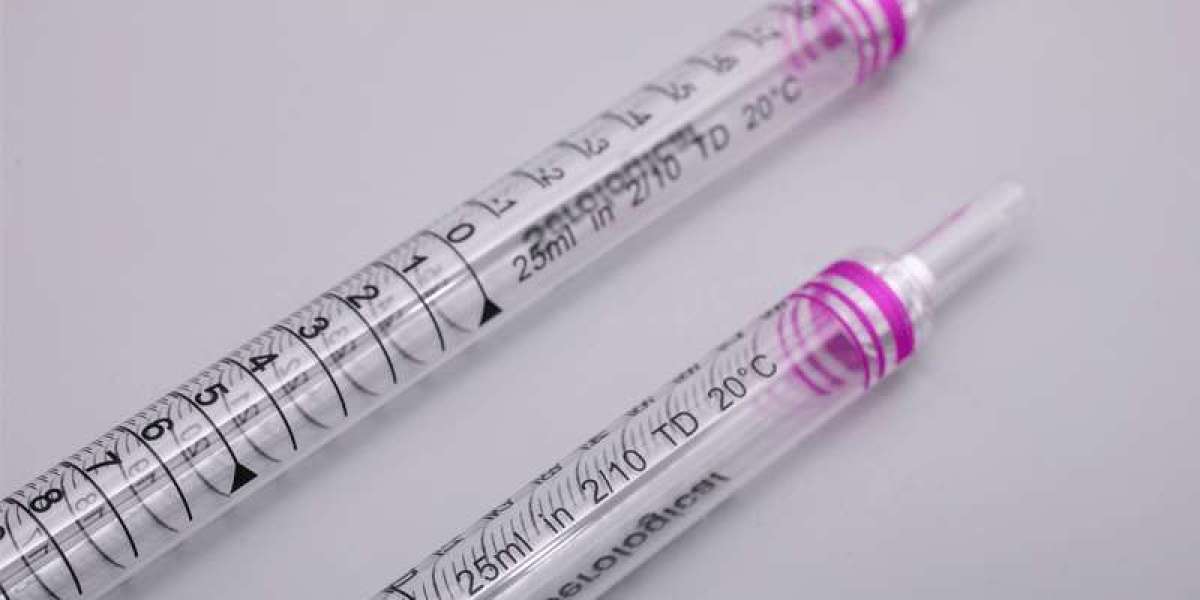Serological pipettes, also known as volumetric or graduated pipettes depending on their type, are versatile tools widely used in scientific research, medical laboratories, and other settings. Before we figure out how to use a serological pipette, we need to know its functions. Their primary function is to accurately measure and transfer specific volumes of liquids. Here's a detailed breakdown of their uses:
1. Dispensing precise volumes of liquids
- Assays and experiments:Serological pipettes are essential for dispensing precise amounts of reagents, buffers, enzymes, and other solutions used in various scientific assays and experiments. Accurate measurements are critical for achieving reproducible results and maintaining data integrity.
- Sample preparation:Precise volume control is essential when preparing samples for analysis, such as diluting blood for blood tests or preparing cell suspensions for cell culture experiments.
- Creating solutions:Pipettes measure specific amounts of components to create desired concentrations in solutions for applications such as culture media, buffers, and standards.
2. Transferring specific volumes of liquids
- Cell culture:Serological pipettes transfer precise volumes of cell culture media, suspensions, or solutions to promote cell viability and growth in experiments.
- Biochemical analysis: Pipettes are used to transfer biological samples such as serum, plasma, and tissue homogenates for biochemical analysis. Accurate volume transfer leads to reliable and interpretable results.
- Liquid-liquid extractions: Pipettes are used in liquid-liquid extractions, a method for separating different components from a mixture by transferring specific volumes of solvents or solutions between phases.
3. Specific applications
- Blood tests: Pipettes are essential in clinical settings for accurately transferring blood samples for various diagnostic tests, ensuring proper assessment and patient care.
- Microbiology:Accurate volume control is crucial for preparing solutions, diluting samples, and transferring cultures in microbiological assays and research.
- Environmental monitoring:Pipettes are essential for collecting and transferring environmental samples, such as water or soil extracts, enabling accurate analysis of contaminants.



